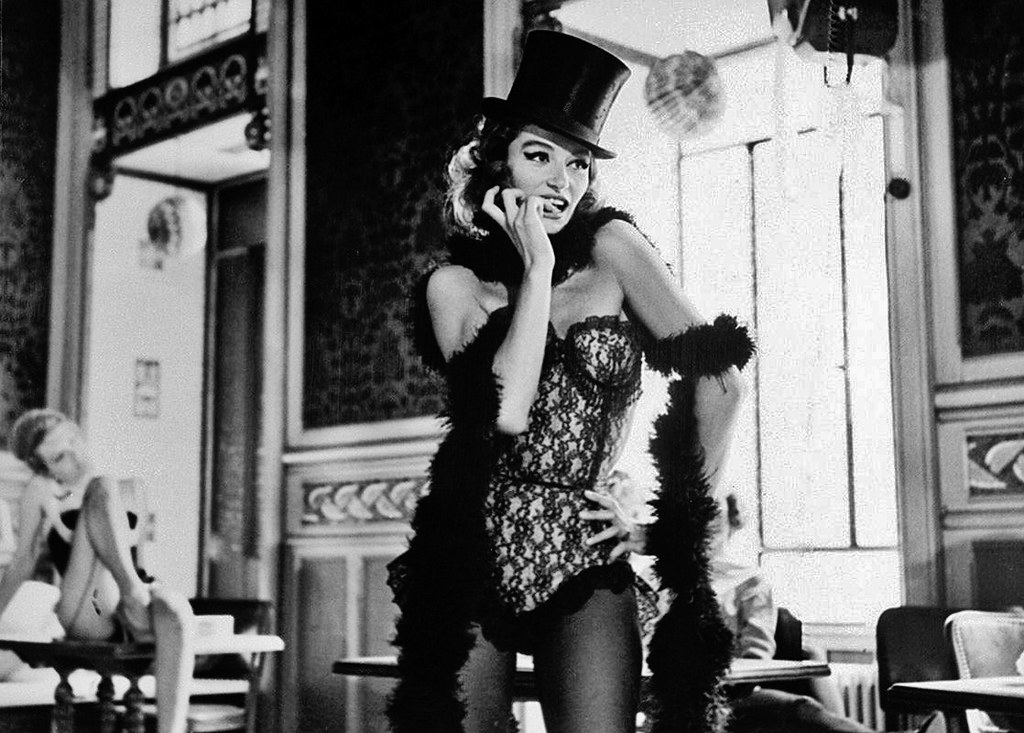Life consists of equal parts of choice and equal parts of chance. This is what those who subscribe to indeterminism, which argues against the notion that causation is invariably explainable by reason, would have us believe. Aristotle was one of the early thinkers to ponder on the wonders of what would be known as aetiology, the establishment of causes and origin for an event, and concluded that there were accidents in life that could be attributed to no other cause than chance, which stands outside the disciplines of activities developed out of necessity. But it is also this inexorableness of chance that subjects every rigorous system of thought to the threat of precariousness – every journey is liable to be suddenly swerved from its determined path, just as every traveller is warned never to take his arrival for granted.
In theory, the elusive presence of chance defies the interference of man, or anything that is man-made. In other words, the attempt to manifest the notion in words, or simply to tell a story in which chance figures as an inevitable, if not an accentuated, element would amount to transforming its essence into something artificial. The chance proper is what happens when we do not consciously will it to happen, when our calculations of what might have happened fails in its oversight and insufficiency. It can be inferred that an accumulation of such experience has trained us to be less bewildered and more vigilant when faced with the caprice of life. We have come to accept chance as an “expected” occurrence whose unexpectedness is implicit in the grand scheme of things.
To reproduce such “unexpectedness” in a story will only succeed insofar as creating a counterfeited reality, a hyper-real world that mirrors, perhaps too familiarly, the world that we know of. Jacques Demy, with his 1961 debut Lola, trifles with this implausibility of chance occurrences that is integral to a fictional world. The story concerns a disparate array of personages whose lives are curiously connected to one another, and whose trajectories in Nantes, a coastal town in western France, crossed and recrossed. The central characters, Roland and Lola, were childhood friends separated by war, and now reunite by chance as Lola is working as a cabaret singer, and Roland, a daydreamer tempted by a diamond-smuggling plan that would take him to South Africa. All the people that they have crossed paths with in the course of the story serve more or less as their variants: a little girl also named Cecile (Lola’s real name) with an aspiration of becoming a dancer, an American sailor who casually beds Lola and befriends the little Cecile, and Michel, who abandoned Lola and her son to seek for fortune, returns seven years later a rich man to reclaim the pair.
The lyricism of the camera work and Nantes’s own idyllic charm raises the film above what would otherwise be a silly roundelay. As would become exceedingly manifest in his later films, Demy fastened on the schmaltzy romance, highlighted often with memorable songs by Michel Legrand, that had been the staple of Hollywood melodramas. There is a sense of diaphanousness with those love stories that, despite their meandering plots and overall tremulous sentiments, registers not much of a profound impact, or yields any emotional import that is not at best hackneyed and outworn. Demy’s reluctance of totally forgoing the conventional, of having any truck with the formally radical cinematic experiment as heralded by the likes of Truffaut and Godard, had made him a peripheral figure of the French New Wave until recently.

Comments
Post a Comment